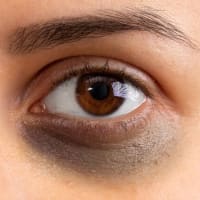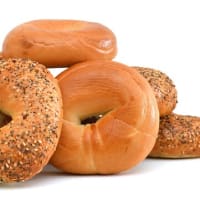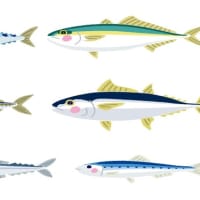私 「ねえダリちゃん。ダリちゃんはこれまでいろいろなダイエットをしてきたね。例えば絶食ダイエット。2日ほど何も食べなかったことがあったね。1日1食ダイエットもやっていたね。で、今はまっているのは、糖質フリーダイエット。タンパク質と脂肪以外は摂ってはいけないんだって? それじゃあ、うどんもラーメンもパスタも食べられないじゃない! で、効果はあった?」
ダリちゃん 「わしは1ヶ月で4ポンド (約2キロ)痩せた。ちょっとこのグラフ見てよ。iPhoneのアプリに入っているんだけど……」
私 「凄~い、ダリちゃん。そういえば、顎周りが少しだけすっきりしたみたい。(お腹は、巨大なままだけど……)」
ダリちゃん 「ところで、日本語のダイエットと、英語のdietの違い、わかる?」
私 「英語のdietは食事の意味じゃないの?」
ダリちゃん 「日本語のダイエットは、体重を減らす行為を意味する。これにはふたつの取るべき方法がある。一つは、カロリー摂取を減らすこと。もう一つはカロリー消費を増やすこと。日本語のダイエットはこれらの2つのいずれかあるいは両方の意味を含んでいる。それに対して英語のgo on a dietはカロリーの摂取を減らすことの意味。これだけ。一方、英語のdiet自体には食事という意味がある。またこの言葉は一般に日々の食事摂取をさすが、必ずしもカロリーの制限に限った訳ではない」
The Japanese word, daietto, means the action we take to lose weight. To reduce weight, there are two kinds of action we can take. One is to reduce caloric intake. The other is to increase caloric usage. To do either of these actions is daietto in Japanese. In contrast, to “go on a diet” in English means to lose weight by reducing caloric intake only. On the other hand, “diet” itself has the meaning of food. It can also be used to refer to daily food intake in general−not necessarily limited to reducing intake of calories.
私 「へー、目から鱗だねえ。これって、英語でなんといったっけ?」
ダリちゃん 「It is said that “Scales have fallen from my eyes.” But I think less than half of Americans know the meaning of this expression.(目から鱗。でもネイティブの半分はこの意味を知らない)」
キーワード
scale: (魚などの)うろこ、(目の)かすみ























